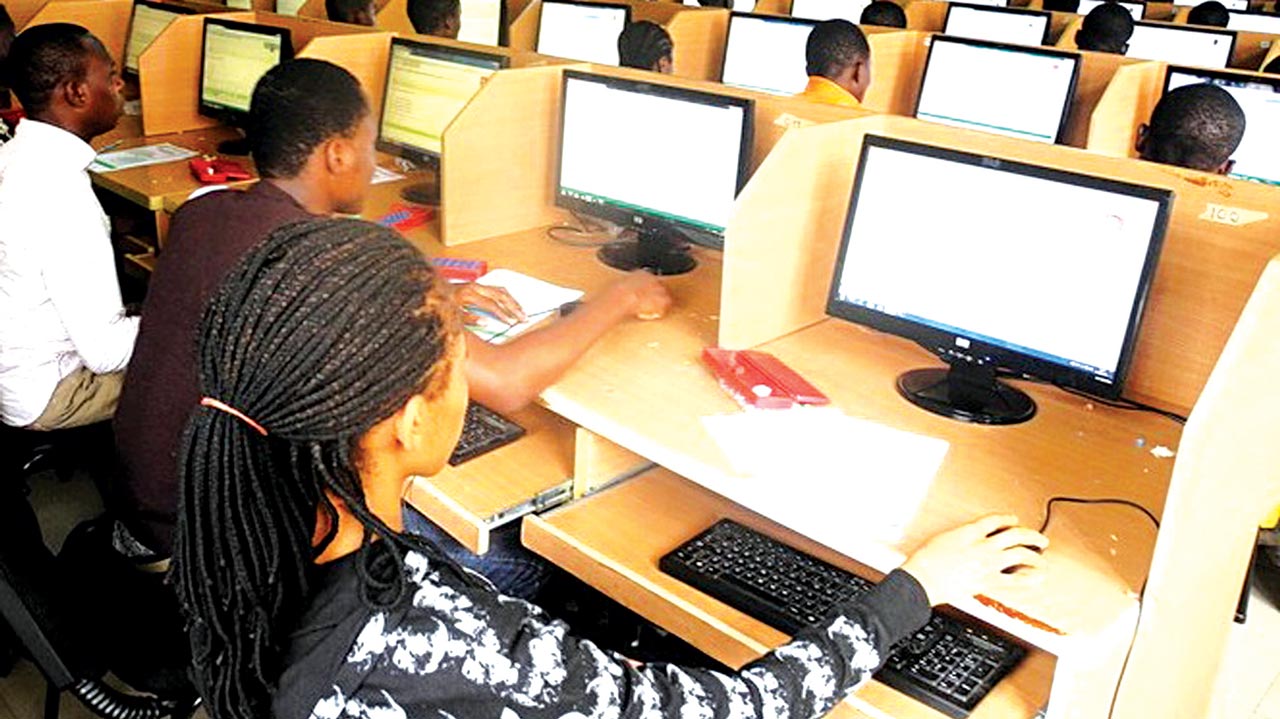The Plateau Government says it is initiating talks with its development partners, multinationals like Facebook, Google, Microsoft, and local organisations to develop Information and Communication Technology (ICT) in the state.
The Commissioner for Science and Technology, Mr Dan Manjang, disclosed this on Wednesday in Jos when the Correspondents Chapel of the Nigerian Union of Journalists (NUJ), Plateau Council, paid him a courtesy visit.
Manjang said that the desire of the government to partner with these organisations was in a bid to facilitate the development of ICT skills of its people, especially the youths, through training using these platforms.
“We are consulting with our development partners and will soon commence talks with Facebook, Google, Microsoft and some other local organisations to ensure the skills of the Plateau people are harnessed,’’ he said.
The commissioner said the state government was working toward organising a science and technology summit, adding that government hoped the event would herald the formulation of a viable science policy.
“The relevant technology centres in our state presently produces mobile aids for physically challenged people and our science production centre produces laboratory equipment for secondary and tertiary institutions.
“The works from our technology incubation centre have been presented at international forums such as a drone produced there was presented at a competition in Indonesia.
“We emerged third at the competition; a tractor and bullet-proof vests and many more have been produced at the centre.
“The state government wants to encourage these inventors to do more by revamping these centres and creating a more enabling environment through training and provision of equipments and infrastructure,’’ he said.
Manjang told the correspondent chapel officials that journalism could also be synchronised to ICT, adding that reports could be presented from the fields through digitisation.
Mr Aminu Yusuf, the Chairman, Plateau Correspondents Chapel, said the visit was to congratulate the commissioner on his new appointment and discuss on possible collaborations.
Yusuf urged the commissioner to discharge his duties efficiently, saying he was assigned to the office because of his pragmatic disposition and pedigree.
The commissioner was sworn into office on March 1.
